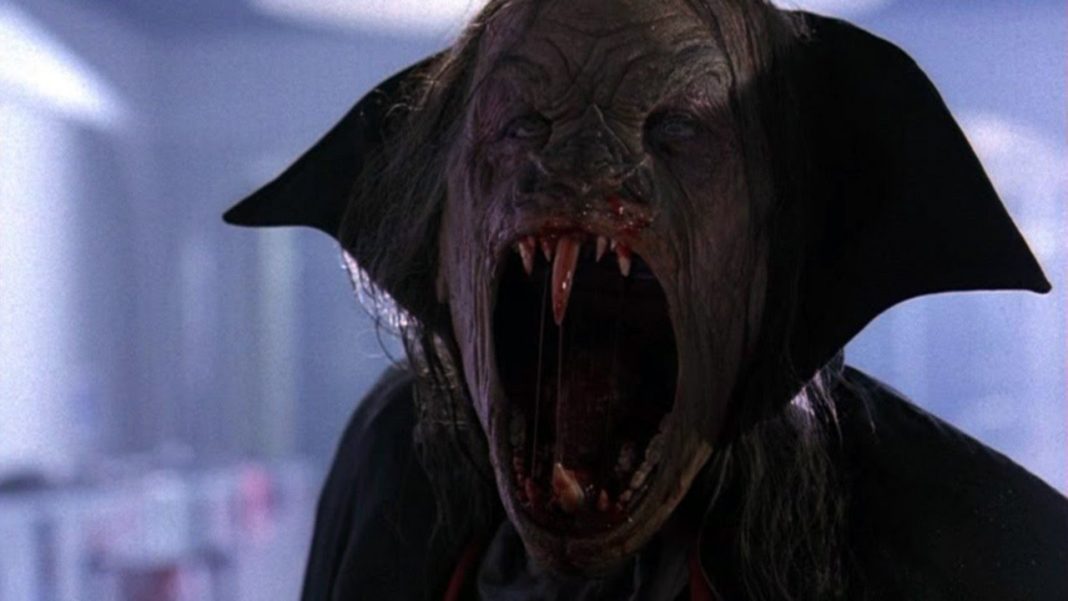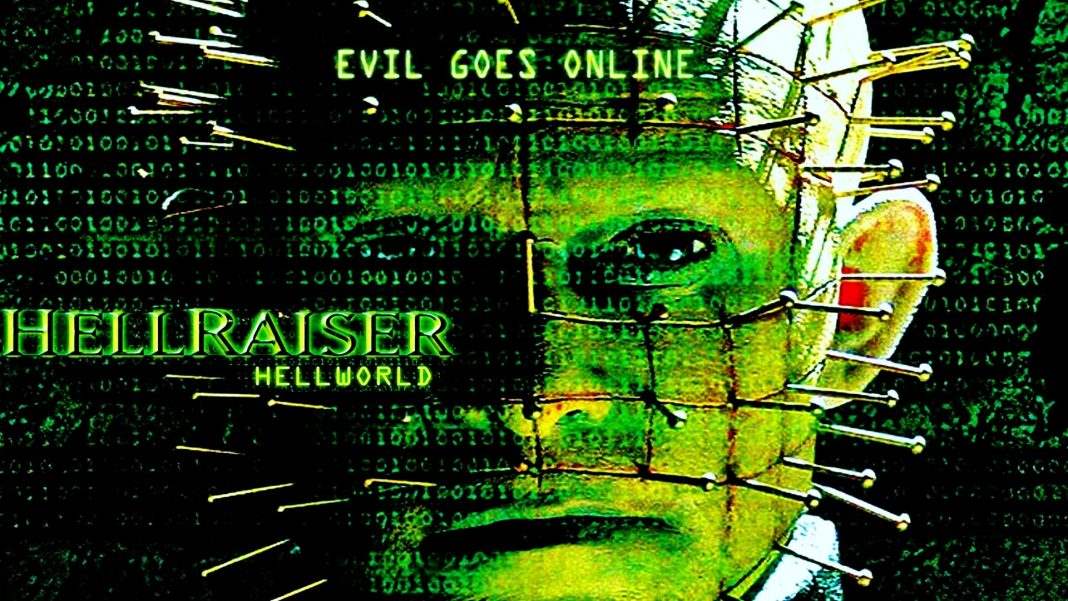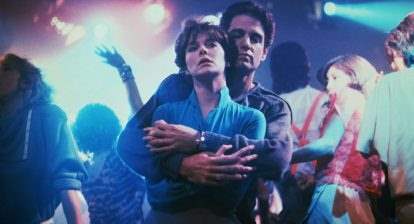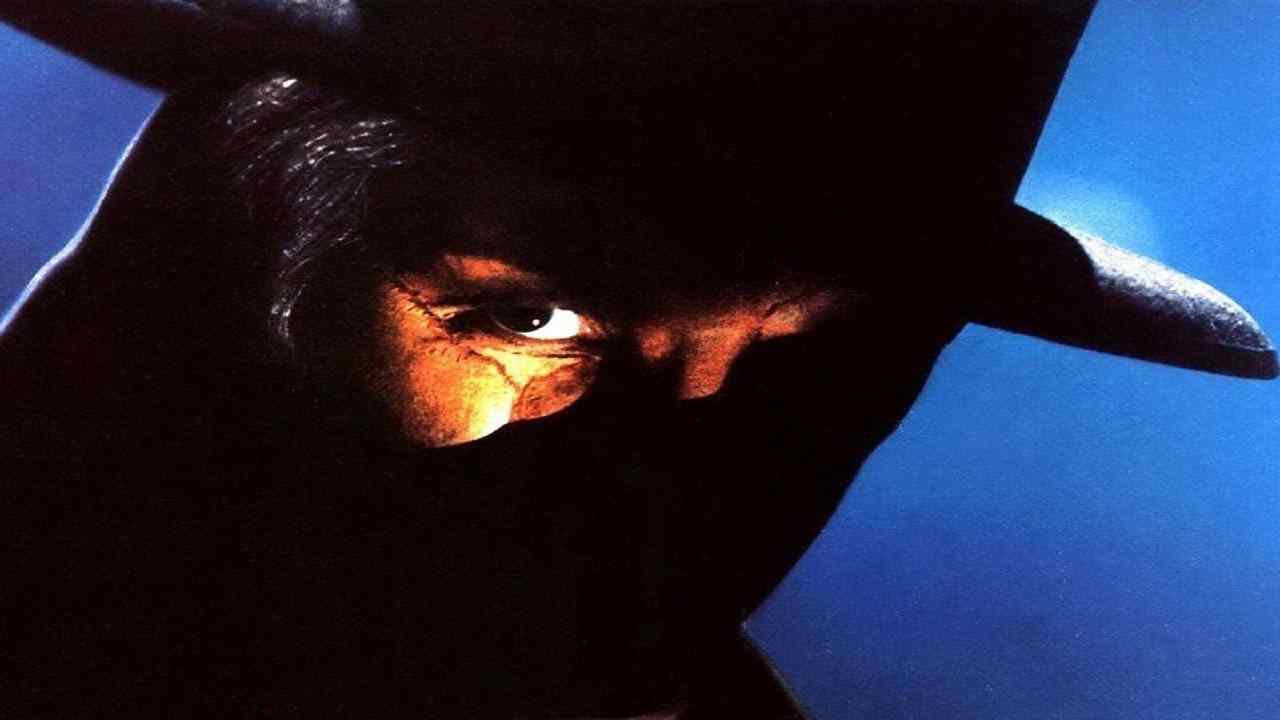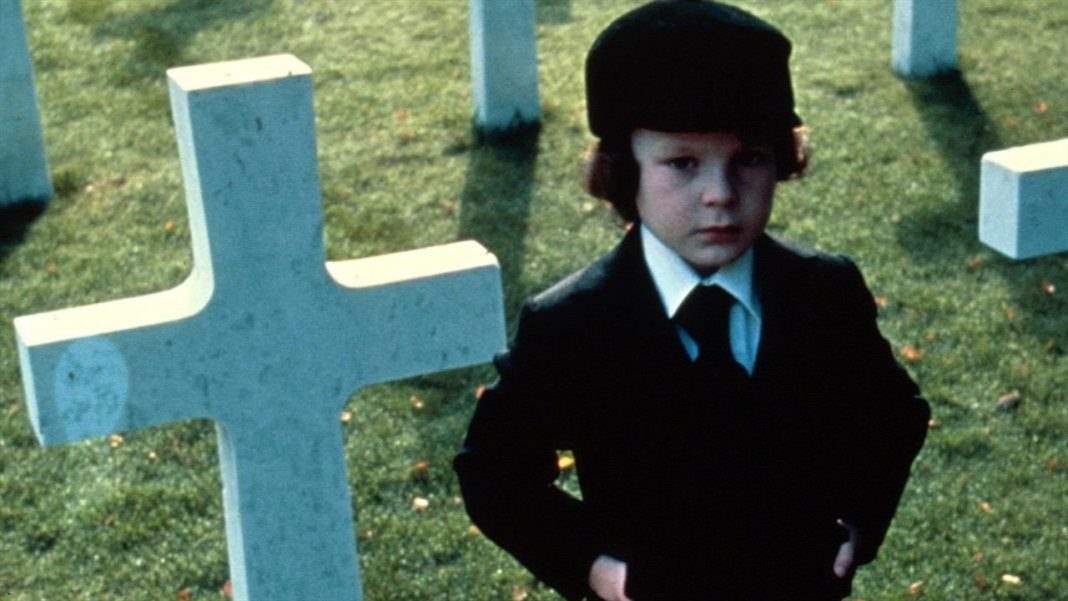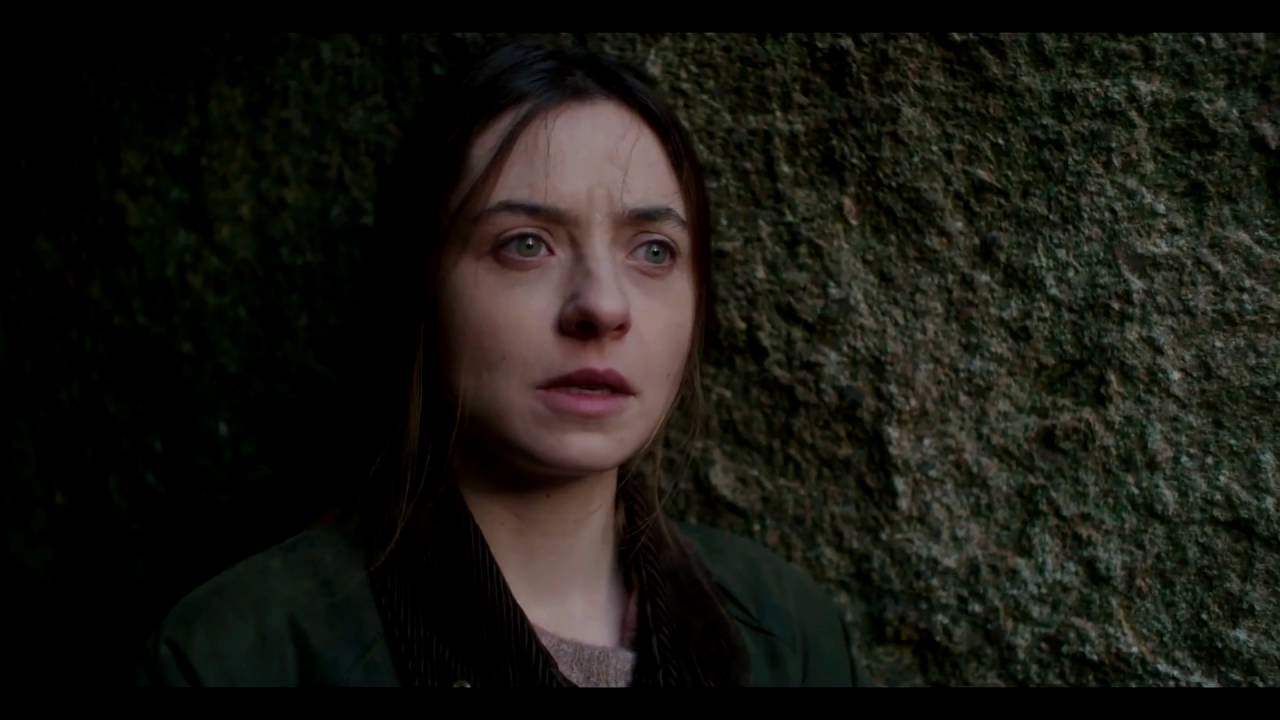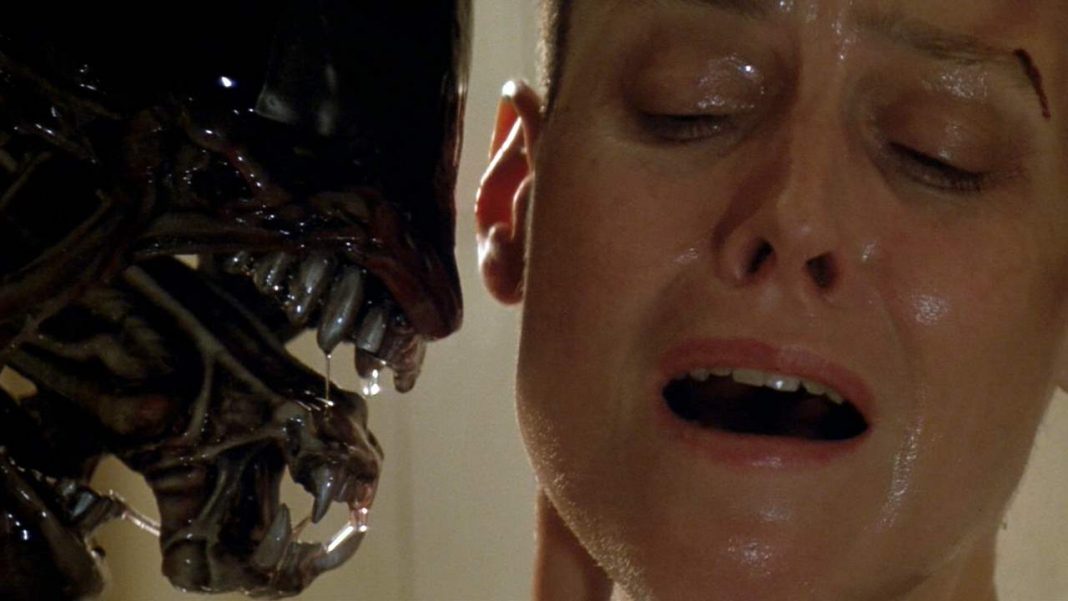Stephen King has had more film adaptations than any other author. When people discuss movies based on his stories, they’re never referred to as horror or science fiction movies. They are simply referred to as Stephen King movies. The man is so prolific that he has become his own genre. Unlike Clive Barker, who has written or produced every adaptation of one of his stories, King usually doesn’t have too much involvement with adaptations of his work. There are simply too many of them and it’s hard to imagine when he would find that sort of time. As such, some of the movies turn out very good, some of the efforts are mediocre, and quite a few turn out to be plain bad.
There are some, however, that – if you’ll pardon the expression – shine through the normal Hollywood politics and budgetary constraints by which they are often bogged down. With over one hundred adaptations to date, it’s natural that some would fall by the wayside and go largely unnoticed despite being very good. These movies all fall into that category. These are five Stephen King movies that either just don’t get the recognition they deserve or are unfairly maligned.
Sometimes They Come Back
Originally published in Night Shift, “Sometimes They Come Back” was a short story that felt like a movie. A high school teacher plagued by his past finds himself with a bunch of new transfer students. These new students are dead-ringers for the gang of thugs that killed his older brother, years ago. They look just the same and they act just the same. What makes the situation even stranger is that his students are dying off in large numbers. And each time a student dies, there’s a new transfer student. Not every major point works as well on the screen as it does on the page. But this telefilm from Friday the 13th Part VI director Tom McLoughlin keeps the core of the story intact and is aware of the confines of its budget. This one spawned two sequels, Sometimes They Come Back Again and Sometimes They Come Back…For More, neither of which is worth a look to anyone besides the morbidly curious.
The Night FlierThe Night Flier sounds like the most moronic premise imaginable. And if anyone but Stephen King had created it, it probably would be. This one is about a vampire with a pilot’s license. He stops off on virtually abandoned airstrips, picks off the one or two attendants inside and takes to the skies again. The film adaptation is straight-to-video, so one wouldn’t expect too much. But this movie smartly works major King references into the overall story and shows a great care and respect for both the story and the mythology that King creates. The main performance by Miguel Ferrer is fantastically despicable, so that helps the film along. Ferrer plays a tabloid journalist named Richard Dees who first appeared in The Dead Zone, tasked with finding the story on this supposed vampire. Adding to what already works, the film also benefits from some really great visual FX work.
I didn’t realize the general consensus on this movie until I was basically an adult. I grew up renting Silver Bullet. All my friends and I loved it, but that’s small towns for you. The bigger picture can be jarring. Good werewolf movies are hard to come by and I stand by the fact that Silver Bullet at least tells a good story. There are some problems with the film and I see them now, but it still reads like King to me. This is mostly due to the fact that he wrote this adaptation himself, based on his short novel Cycle of the Werewolf. The werewolf FX aren’t anywhere near the level of An American Werewolf in London or The Howling, but they get the job done. The early, quick shots of the beast are particularly effective. Gary Busey also turns in one of his best and most sincere performances in this feature.
The film adaptation of The Dark Half has a few problems, not the least of which is pacing. In this case, though, it’s both the film and the novel that go largely underrated. This was a period in which King’s output of both movies and books was at an all-time high. It was tough for people to keep up. Without a master like George Romero at the helm, this one would have turned out a lot worse. It was a deeply personal story for King, written under his pseudonym Richard Bachman. He had written several novels as Bachman throughout the late seventies and early eighties, ending with Thinner. Here, it’s Thad Beaumont burying his alter-ego George Stark. But the more violent Stark begins to take on a life of his own after his “death” and goes on a homicidal rampage for which Thad is naturally blamed.
Mick Garris has directed more films, miniseries and TV episodes based on the work of Stephen King than any other filmmaker. He’s basically become known as “The Stephen King guy.” While some of those efforts were widely acclaimed (The Stand) many others (The Shining) were not. Out of that entire body of work, Riding the Bullet is definitely the best. This doesn’t feel like a TV movie at all, it feels like an insightful and eerie indie picture, which is essentially what it is. The plot centers on a young man obsessed with death and the macabre who hitchhikes from his college to the hospital where his mother has just been taken. One of the men who picks him up is a ghost named George Staub who offers the young man a choice: If he wants to survive the night, he must choose between his life or the life of his mother.
